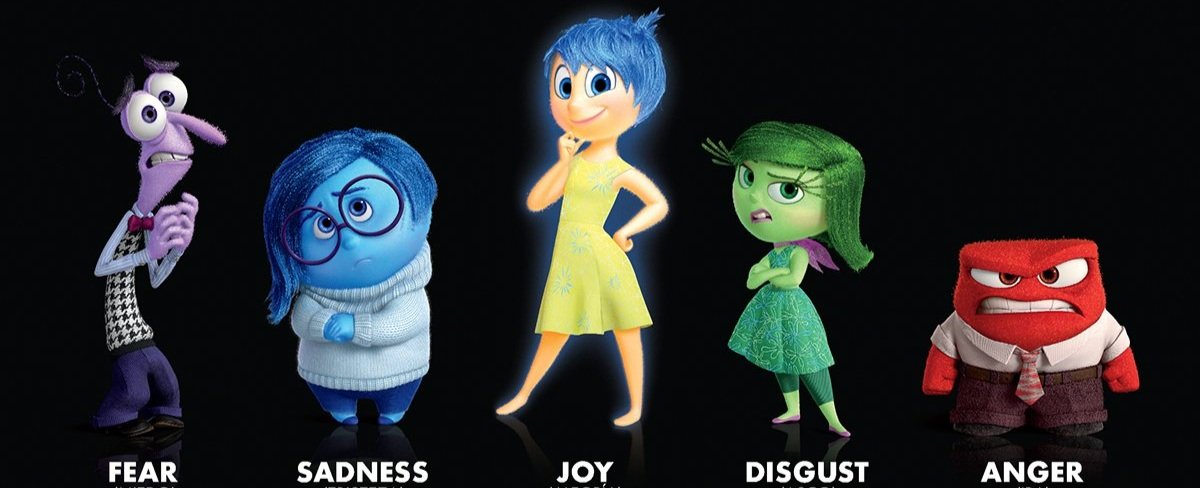Internal Family Systems (IFS) Therapy


“IFS therapy is kind of magical.”
~Tim Ferris
About IFS Therapy
Have you ever seen the Pixar movie “Inside Out”? It’s a sweet animated film about the purpose of different feelings inside of us. Participating in IFS therapy feels a little bit like this!
The IFS model teaches that we are all inherently multiple. This means that we are composed of different personality parts that are sometimes in conflict with each other. If you don’t believe me, consider this: have you ever had a part of you wanting to go out to see friends and another part of you wanting to stay in? How about a part of you that wants chocolate ice cream and another part of you that says you should be on a diet?
When we have inner arguments, it is two parts of us with competing agendas. But IFS holds that there are “no bad parts” of us because they each have good intentions. I know… hard to believe sometimes!
Here is a story to illustrate the magic of IFS and what happens in a typical session:
Suppose that you were socially rejected as a kid. Now as an adult, you might people please in relationships so that you aren’t rejected again. In IFS, we’d refer to this people pleasing part of you as a manager because it is managing other people’s perceptions. This people pleasing part wants to be seen as easy breezy, low maintenance. She goes on a date and tries to act “chill” but then she is ghosted over text. Your manager feels like she failed at her job to be accepted.
Then another part of you with the mantra “I don’t need people” copes with rejection by avoiding phone calls and hiding in your apartment while binge watching Netflix. This avoidant part of you is called a firefighter because they come in to rescue you from stressful situations. But avoiding people exacerbates the fear that you will be rejected which kicks the people pleaser back into overdrive. This continues the vicious cycle. Both of these protector parts are deadlocked against each other.
Fortunately, we have a magical mediator inside.
We each have what is called Self - our spiritual essence. Richard Schwartz, founder of IFS, identified that Self is composed of 8 C’s: compassion, curiosity, clarity, courage, confidence, creativity, connectedness, and calm. Using guided visualization, we can access our inner Self to mediate our parts. Self’s natural compassion and clarity brings balance to our multiple perspectives. It’s like having a wise oracle and fairy godmother inside.
Chances are you have already met your Self— in moments of inspiration, open hearted love, or creative expression. If you have ever felt genuinely confident, calm after meditation, or clear about your path, trust that you know your Self. Many of us have fleeting glimpses of it. But IFS can help you access Self consistently for increased emotional wellbeing and spiritual fulfillment.
I saw that this Self that dialogues with all the egoic parts is my soul. Dwelling in this awareness allowed me have a direct, physically felt sense of god / love / spirit / compassion. ~Alanis Morissette on IFS
Back to the narrative of the manager and the firefighter. We pick up where the avoidant firefighter is watching their 8th episode of British Bakeoff and feeling despondent. The people pleaser part says, “We can’t stay inside all day! What will people think? We need to book a therapy appointment.”
In your first therapy session, your music therapist guides you to listen to a song where you feel a swell of confidence and optimism. You feel more lightness and freedom as Self energy enters your body. Through guided visualization, you imagine a dialogue between Self and your parts. Self helps your people pleaser part and avoidant part understand each other. They realize that they are both motivated by the same core wound of rejection and that they both have good intentions. It’s just that they have different and competing strategies for protection - one tries to overcome rejection and the other avoids it. The magical cure is to return to the scene of the original rejection and heal it.
Accompanied by Self, the people pleaser part returns to a middle school memory of being rejected. She shows Self how she is protecting a younger part that felt the impact of the rejection. This younger part is called an exile because she has been guarded and hidden away by the protector in order to not be harmed again.
Self witnesses the scene. The exile shows how she asked someone to a school dance and in response was teased for her outfit. In that moment she decided, “It isn’t safe to be vulnerable” and the people pleaser part, like a protective big sister, became committed to making sure it never happens again. Self brings compassion to your exile and tells her that there is nothing wrong with being vulnerable - it’s just that some people aren’t respectful of it. Your exile imagines releasing the shame and fear of this event into the air, like smoke. She is unburdened, and feels more joyful and open.
People pleaser part then remembers that she quit music because she wanted to protect the system from vulnerability. Now that she is freed from this job she exclaims, “I want to share my feelings! I am a songwriter!” and she imagines singing an angry rock anthem to the boy that rejected them. She decides to call herself Joni, after her favorite musician.
Now that your exile is free, and Joni is proud of being sensitive, the avoidant firefighter is also relieved of the burden of avoiding rejection. They transform from a “couch potato” image in your brain to that of an artist, and choose another job that utilizes their talent of recuperation. They choose the name Bobby, after their favorite Netflix interior designer, and decide to decorate their home to be a comfortable place to meditate, rest and create.
Accessing Self helps highly sensitive people express their true selves. We share vulnerably because the courage of Self gives us an inner resilience. We trust our emotions, because Self has journeyed deep into our subconscious to understand their origins. We unburden the belief that we are “too sensitive” and learn that our worth was never in question. We discover that we are innately creative and that we don’t have to struggle with imposter syndrome. Self gives us the validation we truly need that encourages us to go out into the world and follow our dreams.

